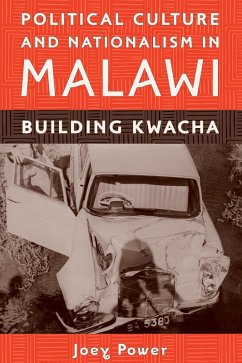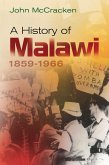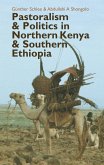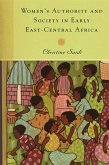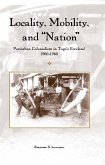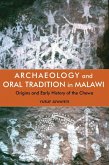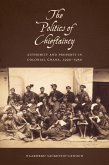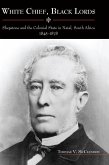Malawi's political culture is examined as it emerged in the colonial and early post-colonial periods, particularly in light of anti-colonial protest.
Inspired by the events leading up to the overthrow of Dr. Hastings Kamuzu Banda's Life Presidency, this book explores the deep logic of Malawi's political culture as it emerged in the colonial and early post-colonial periods. It draws on archival sources from three continents and oral testimonies gathered over a ten-year period provided by those who lived these events. Power narrates how anti-colonial protest was made relevant to the African majority through the painstaking engagement of politicians in local grievances and struggles, which they then linked to the fight against white settler domination in the guise of the Central African Federation. She also explores how Dr. Banda (leader of independent Malawi for thirty years), the Nyasaland African Congress, and its successor, the Malawi Congress Party, functioned within this political culture, and how the MCP became a formidable political machine. Centralto this process was the deployment of women and youth to cut across parochial politics and consolidate a broad base of support. No less important was the deliberate manipulation of history and the use of rumor and innuendo, symbol and pageantry, persecution and reward. It was this mix that made people both accept and reject the MCP regime, sometimes simultaneously.
Joey Power is Professor of History at Ryerson University, Toronto, Ontario.
Inspired by the events leading up to the overthrow of Dr. Hastings Kamuzu Banda's Life Presidency, this book explores the deep logic of Malawi's political culture as it emerged in the colonial and early post-colonial periods. It draws on archival sources from three continents and oral testimonies gathered over a ten-year period provided by those who lived these events. Power narrates how anti-colonial protest was made relevant to the African majority through the painstaking engagement of politicians in local grievances and struggles, which they then linked to the fight against white settler domination in the guise of the Central African Federation. She also explores how Dr. Banda (leader of independent Malawi for thirty years), the Nyasaland African Congress, and its successor, the Malawi Congress Party, functioned within this political culture, and how the MCP became a formidable political machine. Centralto this process was the deployment of women and youth to cut across parochial politics and consolidate a broad base of support. No less important was the deliberate manipulation of history and the use of rumor and innuendo, symbol and pageantry, persecution and reward. It was this mix that made people both accept and reject the MCP regime, sometimes simultaneously.
Joey Power is Professor of History at Ryerson University, Toronto, Ontario.
Dieser Download kann aus rechtlichen Gründen nur mit Rechnungsadresse in A, D ausgeliefert werden.

